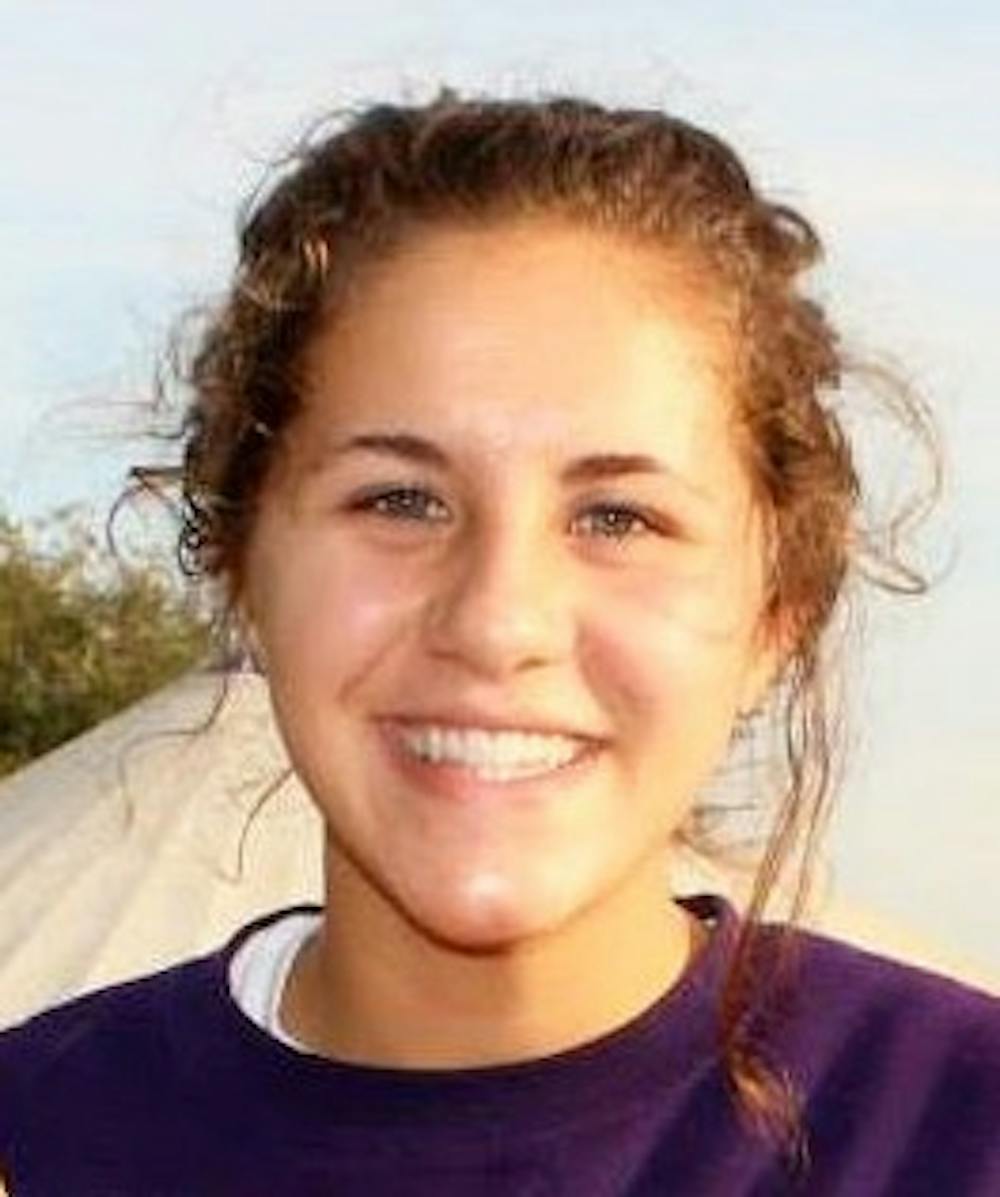Over fall break, I traveled to Yakima, Wash. through the Moreau Center as a participant in the Rural Immersion. The trip highlighted agribusiness and migrant workers in the United States. Not only did I make new friends, eat fresh fruits and veggies and enjoy the sun, I learned so much about the food we eat and the people who provide it for us.
Because of Rural Immersion, I developed a much deeper appreciation for food.Throughout the trip, we visited a variety of farms and a dairy, and had the opportunity to interact with the farmers and workers who make it all possible. The next time you eat an apple, pause to reflect that that very apple you are holding in your hand is someone’s livelihood. Multiple somebodies labored in the fields, in the sun and in the rain, to bring that apple straight to you.
Work on the farm is arduous and highly skilled. Before Rural, I never really thought about how technical farming is. Gleaning too soon or too late is detrimental to the crops. I was humbled to see workers much older than me and even older than my parents bent over, hard at work.
I developed empathy for the many migrant families, documented and otherwise, who make our agricultural system possible. Imagine moving to a country knowing little or nothing about the language. Imagine only having an elementary education in your own country. Imagine the negative media that continually condemns you simply because of your national origin. This is the reality for many migrant workers.
I had the opportunity to work in an adult ESL classroom, and was amazed at the desire to learn English that was present there. Huge obstacles stand in the way, however. For many individuals, the need to work in the fields prevents them from attending ESL classes nine out of 12 months in the year.
After speaking to a local lawyer who works with the migrant population, it became clear that the many myths surrounding the community are false. This community, documented and undocumented, contributes greatly to our system. These men and women do the jobs nobody wants to do, and they do it with humility. These men and women pay into our programs like Social Security and receive no benefits in return.
The 2013 Rural Immersion was life changing. I was humbled by my own privilege and the disparity that exists between the migrant community and my own life experience. I developed a great appreciation for my food and the hands that bring it to me. When you sit down and eat a meal today, stop and think about just where it came from. Our interconnectedness is a beautiful, undeniable reality.
Marissa Kelly is a sophomore social work major. She can be reached at kellyma16@up.edu.









